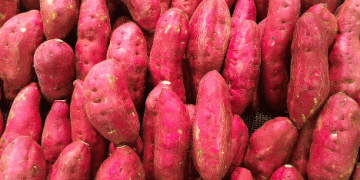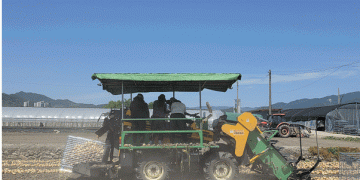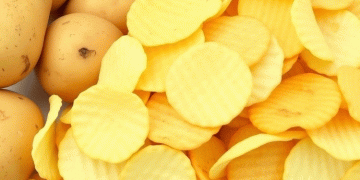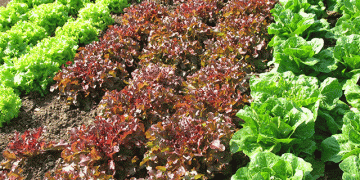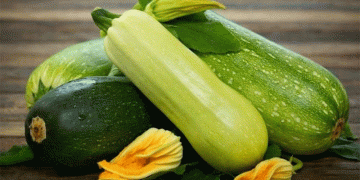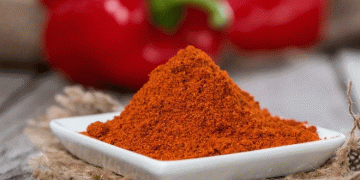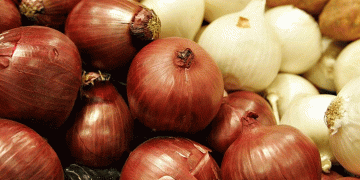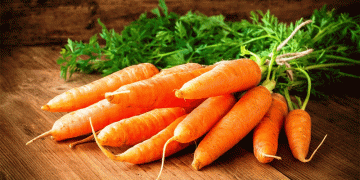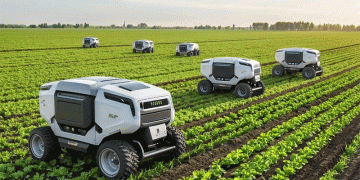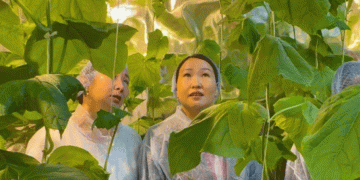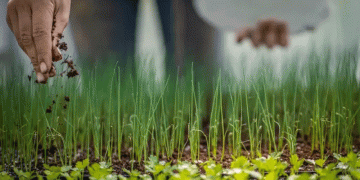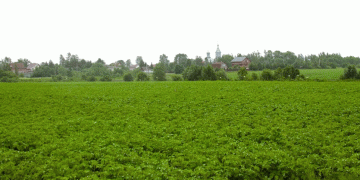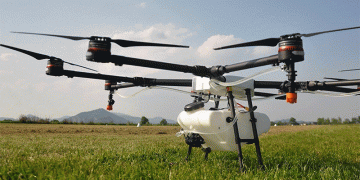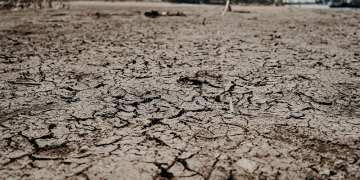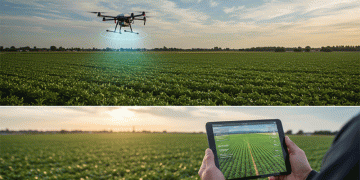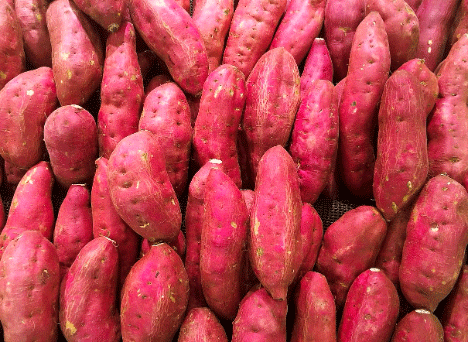In recent years, the cultivation of sweet potatoes has gained significant momentum in Greece, especially in the fertile regions of Ilia and Achaia. Sweet potatoes are not only a nutritious food source but also a versatile crop that can be used in various culinary applications. According to the Hellenic Statistical Authority, Greece produced approximately 12,000 tons of sweet potatoes in the latest agricultural season, with Ilia and Achaia contributing 68% of this total.
Export Trends and Market Demand
The demand for sweet potatoes has surged, both domestically and internationally. Greece’s sweet potatoes are increasingly exported to countries such as Germany, Spain, and Cyprus, where they are well-received due to their quality and taste. In fact, recent market analysis shows that exports of Greek sweet potatoes have grown by over 25% year-on-year, driven by rising consumer interest in healthy and locally-sourced products.
Farmers in these regions are capitalizing on this trend, finding that sweet potatoes can yield substantial profits despite their higher production costs. The expected selling price ranges between €0.50 and €0.60 per kilogram, making sweet potatoes a potentially lucrative crop for local farmers.
Challenges in Sweet Potato Production
Despite the promising outlook, there are challenges that farmers must navigate. The high production costs associated with sweet potato cultivation, including labor, irrigation, and pest management, can impact profitability. Additionally, the threat of cheap imports from countries like Egypt poses a risk to local growers. If these imports flood the market, they could drive down prices, jeopardizing the financial viability of Greek sweet potato producers.
Furthermore, farmers must also contend with climate-related challenges. Variability in weather patterns can affect crop yields, making it essential for growers to adopt adaptive strategies and practices that enhance resilience.
Navigating the Future of Sweet Potato Cultivation
The rise of sweet potato cultivation in Greece presents both exciting opportunities and notable challenges for farmers, agronomists, and agricultural engineers. As the demand for this nutritious crop continues to grow, it is crucial for stakeholders to focus on sustainable farming practices, market analysis, and strategies to mitigate the impacts of competition from imports. By addressing these challenges head-on, Greek farmers can solidify their position in the sweet potato market and contribute to a more sustainable agricultural future.
